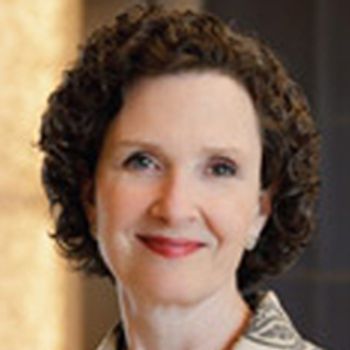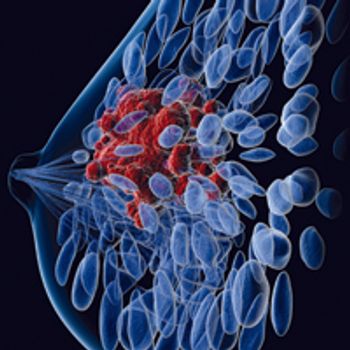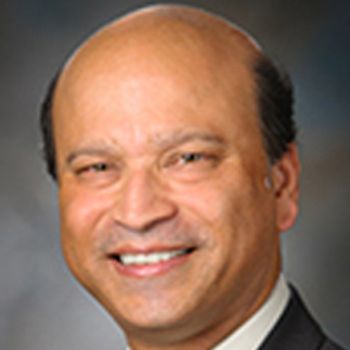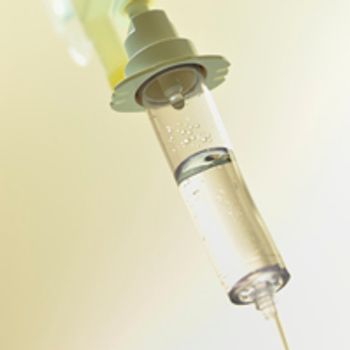
A study recently found that patients treated for breast cancer may experience decisional regret about their fertility choices.

A study recently found that patients treated for breast cancer may experience decisional regret about their fertility choices.

A recent study found that online cognitive behavioral therapy (CBT) intervention led to an improvement in sexual functioning for patients with breast cancer experiencing adverse effects.

A poor diet earlier in life could be linked to a greatest risk of breast cancer before menopause.

Adding pertuzumab to trastuzumab and chemotherapy reduced the risk of recurrence of invasive disease or death in patients with HER2-positive early breast cancer.

Breast cancer expert Carey Anders discusses treatment for breast cancer patients with brain metastases.

Expert Joyce O'Shaughnessy discusses current topics in breast cancer, particular the advances and future for triple-negative breast cancer (TNBC).

Leslie R. Schover, founder of the Will2Love online resources, discusses the sexual health and fertility issues that can come as a result of cancer treatment, and how these issues can be managed. Join us for our #CureConnect tweetchat, Tuesday 2/21, on this topic.


The recent phase III OLYMPIAD trial findings show improved progression-free survival from olaparib in patients with BRCA-positive, HER2-negative breast cancer.

A new study found that high breast density surpasses other risk factors for breast cancer.

The clinical benefits and safety profiles for ribociclib remained consistent when treating both younger and elderly patients with hormone-receptor positive, human epidermal growth factor receptor-2 negative (HR+/HER2-) advanced breast cancer.

Oral adherence is a growing problem for patients with breast cancer.

Online, self-care, coping skills curriculum "Reimagine" helped relieve depression and fatigue in breast cancer survivors.

Patients in a small study who were placed on a certain diet plan for three months saw a decrease in fatigue from breast cancer treatments.

Sam Smith, PhD, discusses the relationship between menopausal symptoms and non-adherence in patients receiving tamoxifen.

Denise Yardley discusses the tnAcity study for patients with metastatic triple-negative breast cancer (TNBC), and nab-paclitaxel.

For partners of younger patients with breast cancer, coping strategies can affect their anxiety even after treatment.

Krista Qualmann discusses hereditary cancer syndromes.

Tara Sanft discusses how nurses can help support a patient with breast cancer who fears recurrence.

A recent study aimed to determine the when and why chemotherapy-induced cognitive impairment, or chemobrain, occurs, who is most likely to develop it, and whether certain factors (such as age, race, menopausal status, etc) play any role.

Debu Tripathy discuss how to encouragecompliance and adherence for patients with breast cancer who are receiving hormone therapy.

Contrary to popular belief, it is possible to have a healthy pregnancy with a breast cancer diagnosis, as long as treatment is monitored and administered correctly.

The Insight web-based program led to improvements in chemotherapy-induced cognitive symptoms and may be an effective and cost-effective treatment.

Krista Qualmann explains what a meeting with a genetic counselor will look like for a patient.

Longer intervals between zoledronic acid doses for patients with bone metastases did not result in an increased risk of skeletal-related events (SREs).